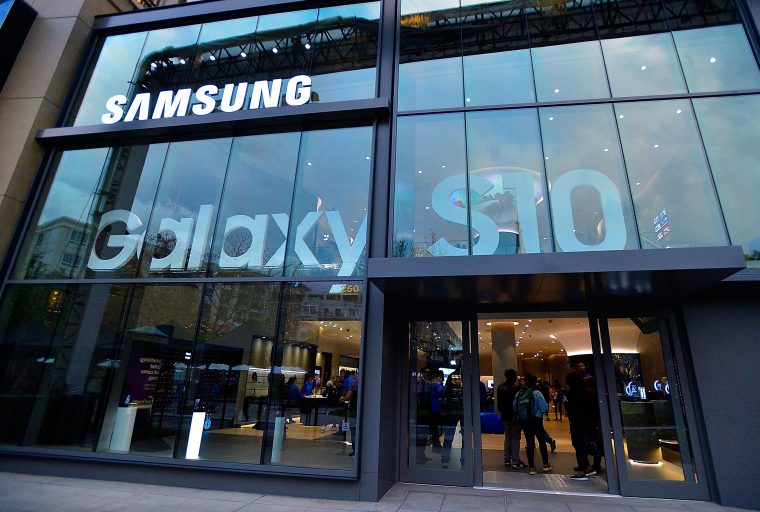
Gamers Looking for a New Test Match
This article appears in TheNews.Asia’s Weekly Newsletter from December 6th, 2019.
The gaming industry rakes in upwards of $150bil every year. Whether you are surprised by the number, now applying for a job in the industry, or nodding your head in agreement, you should know that the staggering revenues for the industry are just the beginning of the story. An estimated 45% of that revenue, about $68bil, is expected to come from mobile gaming. Much of that revenue doesn’t come from the purchase of just the title. Even games that are free to play are designed to entice you to buy an extra skin or new weapon to said you in your journey, making those micro-transactions add up when extrapolated across global markets.
It is in the best interest of the game makers to think of new things for their users to buy in order to enhance their gaming experience. That may mean designing new skins, add-ons, weapons, maps, and any variety of other bonus features that gamers can use. In that vein, the hot new item in the gaming industry is blockchain. More specifically, cryptocurrencies have entered games in a big way in the past year and half.

Many of these games involve buying characters from scratch to build them up and sell them, or to buy built-up characters and dominate the gaming arenas for higher prizes. The purchases in those cases is all done with cryptocurrencies. Furthermore, the games are increasingly being found on mobile platforms in order to conform with the trends and scoop up more of the monetary gains that are to be had.

At present, the revenues for blockchain games is low, but that is changing. Startups have already raised hundreds of millions of dollars to develop new titles and solutions to barriers of entry for unfamiliar gamers to begin adopting the use of cryptocurrencies. Others, like Cryptokitties, which is a mobile app-based game already are clearly turning a profit, albeit in ETH. Their popularity is rather clear since the game was responsible for a significant slow-down of the Ethereum network for a period in 2017 when gamers were conducting vastly more transactions than the network could handle at the time.
Axie Infinity is a relatively new contender in the blockchain-based gaming industry. Recently securing a partnership with Samsung to get their mobile app listed on Samsung’s Blockchain Keystore, the game involves cultivating teams of cute yet strong-fighting Axies to deploy in online matches.
We sat down with Jiho, a community member from TheNews.Asia and business development specialist from Axie Infinity to discuss long term implementation of blockchain in games. says “Blockchain is a tool that makes sense to implement in games with a player-driven economy. When you allow users to own a piece of the game, their relationship with the developers changes. They act like team members and partners rather than customers. Anyone can add value to a blockchain gaming network, by evangelizing, blogging, and creating art. That way, the incentive alignment is much clearer. Thus, the community becomes focused on adoption. In current base layer protocols, the miners are incentivized to provide security, not on-board users— so it’s not surprising that adoption is lagging right now. User-facing dapps can solve this.”
There’s no getting around the shortcomings of the utilization of blockchain technology in games these days when considering how easy it is to get a game that, with the right set up, can be stunning in feel, gameplay, and overall experience. That development for video games has taken decades. Cryptokitties is 2 years old and reflects that level of game development in its new class.

Make no mistake, the bottom line is always most important. One major factor preventing crypto games from becoming more mainstream at the moment is the fact that they don’t generate enough revenue, and the revenue they produce is almost exclusively in cryptocurrency, which most companies are as of yet skittish about.

Jiho adds, “Traditional mobile game developers are mostly still not looking at blockchain. It potentially complicated their revenue models and the app stores are lukewarm towards crypto payments, to put it lightly. That said, we believe that mobile applications will be crucial in driving the adoption of blockchain games. Most blockchain games are still browser-based, indicating this as at an early stage. It takes a while to build a polished game but our space is impatient— this is a good thing in that it pushes us to move faster than typical game companies would be expected to.”





